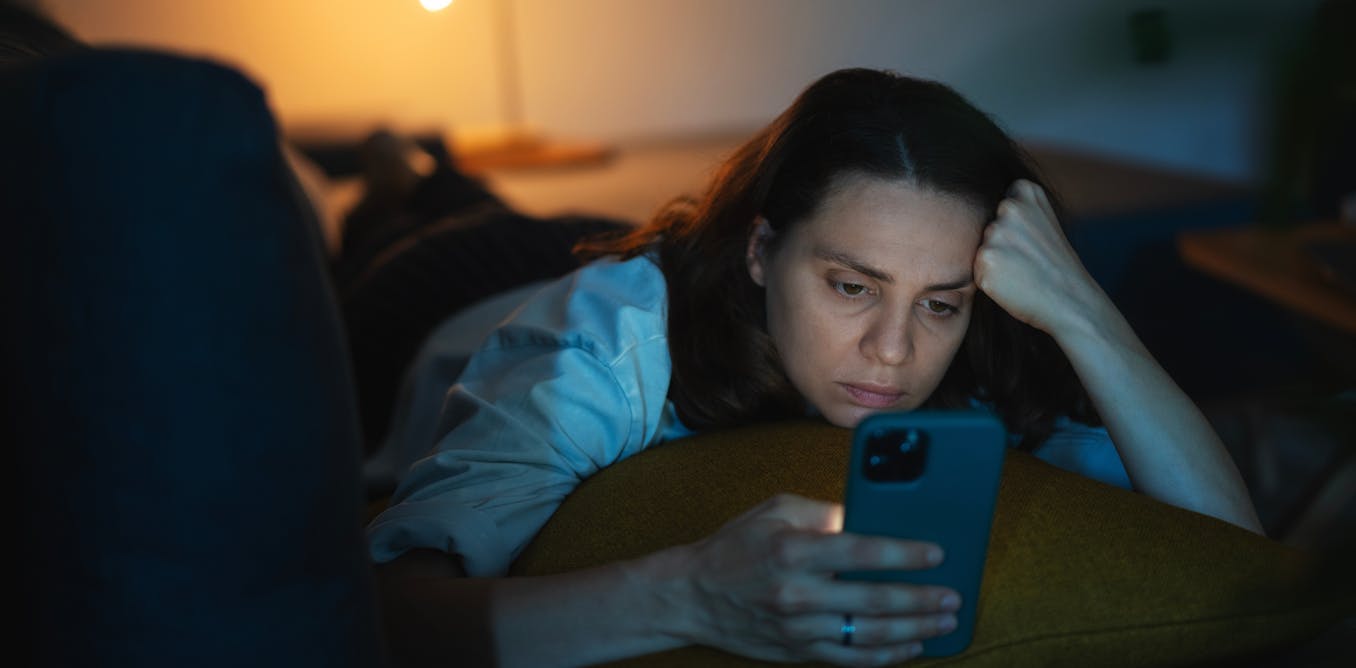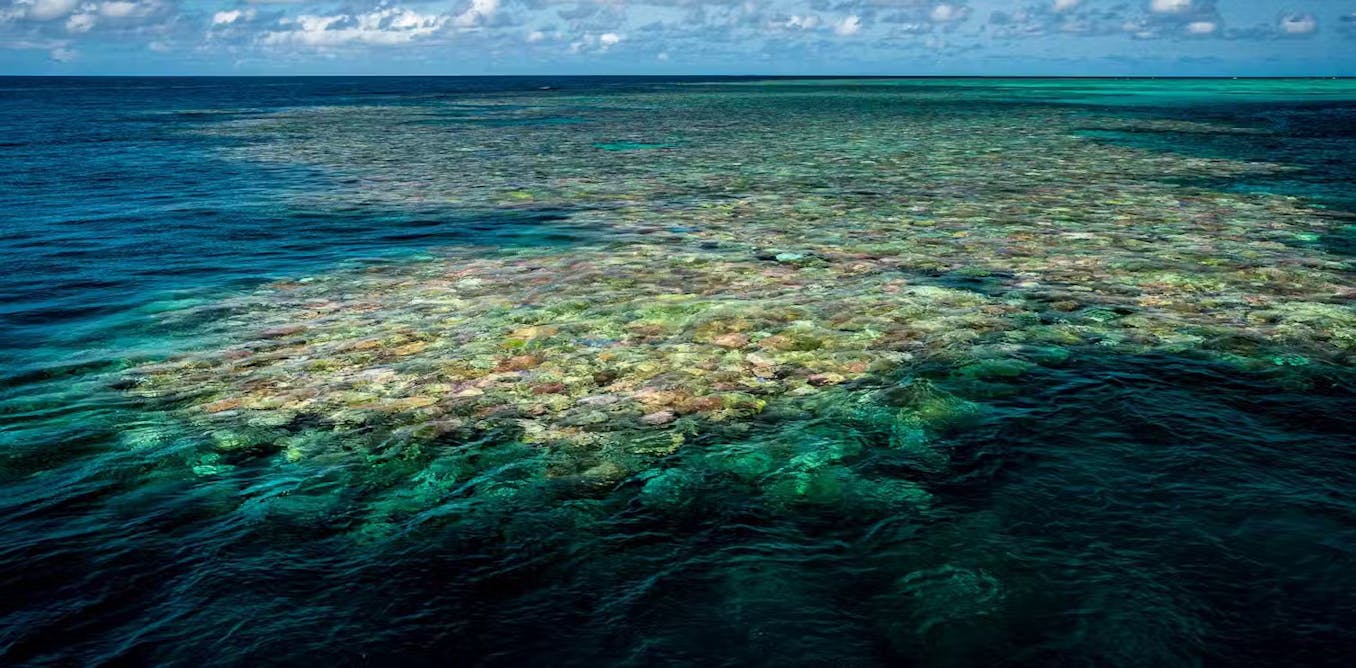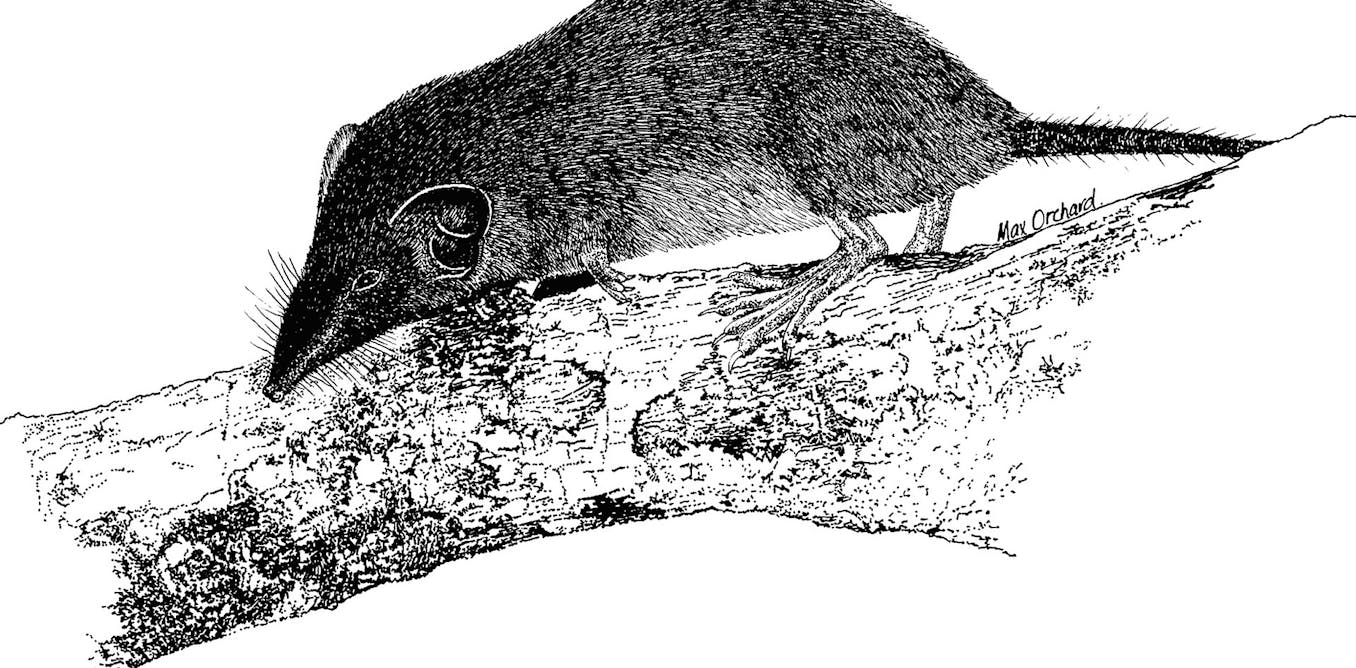A Berlin senator said on Thursday that the city would adopt a clause that requires any recipients of funding to commit themselves against “any form of anti-Semitism,” a move that many artists say could strip financial support from those who have voiced support for Palestine.
The clause, which was announced by Joe Chialo, the city’s culture senator, specifically refers to the concept of antisemitism as defined by the International Holocaust Remembrance Alliance. Among the various points outlined by the IHRA in its definition is one about “denying the Jewish people their right to self-determination, e.g., by claiming that the existence of a State of Israel is a racist endeavor.”
The IHRA also denounces “comparisons of contemporary Israeli policy to that of the Nazis,” as well as “applying double standards by requiring of [Israel] a behavior not expected or demanded of any other democratic nation.”
“Art is free! But not randomly,” Chialo said in a statement. “Cultural institutions and funding agencies are responsible for ensuring that public money is not used to promote racist, anti-Semitic, anti-queer or otherwise exclusionary expressions.”
Not long after the clause was announced, hundreds of artists signed an open letter that protested the measure, which the letter labeled “political interference.”
“It is not the task of the cultural administration to define the social boundaries of freedom of art and opinion, provided that the expression of opinion remains within the boundaries of the legal framework,” the letter says. Moreover, the signatories claim, “using the IHRA definition of antisemitism, which is open to interpretation, as an instrument to sanction the possibility to withhold or withdraw funding is fatal!”
Jesse Darling, the artist who won last year’s Turner Prize, and Natascha Sadr Haghighian, the artist who represented Germany at the 2019 Venice Biennale, are among those who signed, along with artists such as Marwa Arsanios, Martin Beck, Candice Breitz, Oliver Laric, Nina Katchadourian, Jumana Manna, Ahmet Öğüt, and Marianna Simnett.
Germany’s art scene has been polarized by the October 7 Hamas attack, during which 1,200 Israelis were killed and 240 hostages were taken by the militant group. Artists who have spoken out about the conflict in Gaza—where more than 22,000 have been killed by Israeli air strikes and the ground invasion since October 7, according to the local health ministry—have sometimes faced the cancelation of planned exhibitions and calls for current shows to be closed.
The most notable cancelation involved an exhibition by Candice Breitz at the Saarland Museum’s Modern Gallery, which said she had made “controversial statements in the context of Hamas’ war of aggression against the state of Israel.” Breitz, who is Jewish, described the decision to cancel the show as being “deeply antisemitic.”
Against the backdrop of these events, Documenta, the famed recurring art exhibition held in Kassel that faced antisemitism allegations in 2022, has been even further unsettled. The entire selection committee charged with finding a curator for the 2027 edition quit after its members left for reasons related to the Hamas attack and perceived support of the pro-Palestine Boycott, Divestment, Sanctions movement, leaving plans for the forthcoming show in disarray.

The article “Berlin Artists Protest New Funding Clause Calling for Fight Against ‘Any Form of Anti-Semitism’” by Alex Greenberger was published on 05/01/2024 by www.artnews.com




































